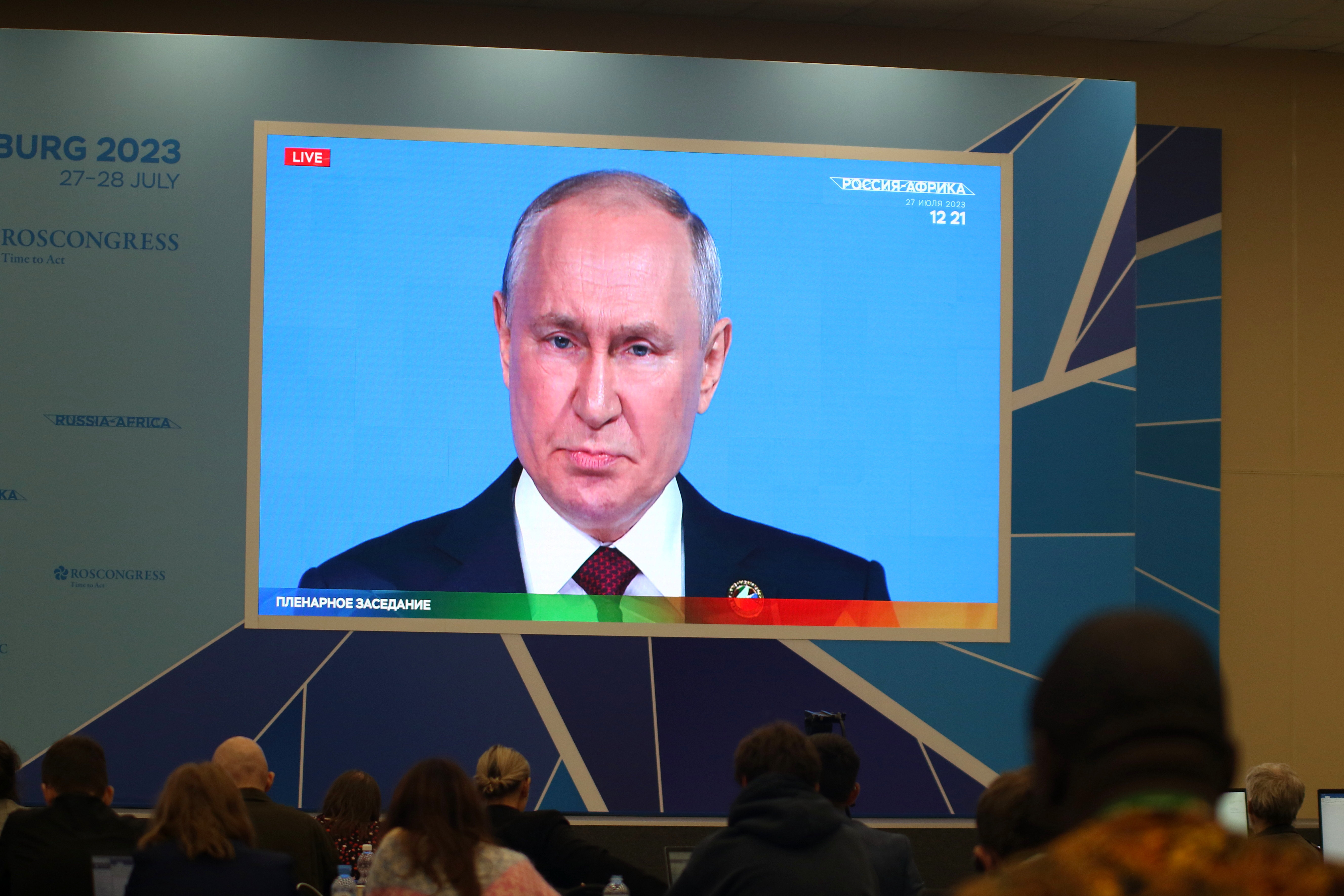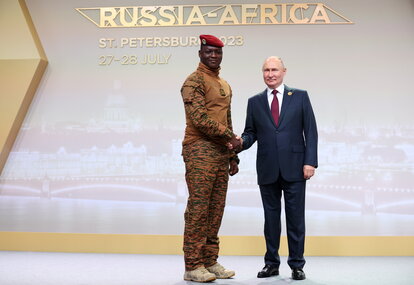ECOWAS
Russian advance in Africa?

Niger, Mali, and Burkina Faso want to leave the Economic Community of West African States (ECOWAS). The West African economic community has "deviated from the ideals of its founding fathers and the spirit of Pan-Africanism," according to a joint statement from the three states governed by military juntas. Alexandra Heldt, Project Director for the Friedrich Naumann Foundation for Freedom in West Africa, explains what the withdrawal means for the region and for Europe.
What role does ECOWAS play in Africa, and what does the exit of the three countries mean for the economic community?
ECOWAS is a union of 15 West African states in a common economic area, ensuring the free movement of services and goods, as well as mutual visa-free travel. It was established as a tool to strengthen West African integration and has clear legitimacy. However, recent developments, especially in coup-prone countries, have weakened or delegitimised ECOWAS. This potential exit, if confirmed, would be the result of a long process of breaking with a series of coups and the takeover by military juntas that now form a cohesive bloc against other Sahel zone states still committed to democratic culture and the principles of the rule of law.
How are representatives of civil society and the media in Senegal and Côte d'Ivoire reacting to the withdrawal of three members?
The stable coastal states of Senegal and Ivory Coast are responding with concern to the unilateral, but not yet completed, withdrawal of the three countries.
Do the claims of Niger, Mali, and Burkina Faso in their joint statement that ECOWAS has deviated from its founding principles and is influenced by foreign powers correspond to the truth?
ECOWAS is certainly not blameless. It has lost support from member governments due to corruption allegations and miscalculated interventionism. The historical proximity of ECOWAS to France, driven by mostly Francophone member states, and the currency still tied to France, the CFA Franc, lead to increasing criticism and distancing.
What impact will the withdrawal of the three countries have on security in the region and for Europe?
If the withdrawal is indeed completed, the economy, cross-border trade, and energy supply in the countries are at stake. External actors like Russia will fill the gaps left by the West's withdrawal. Migration flows (both within and to Europe) and tensions at borders will increase. Arbitrariness and populism will spread, and civilian populations and democratic forces will withdraw.
How should Europe and Germany behave in light of this withdrawal?
In this case, I would like to refer to the West, including the USA. First, it is essential to observe the development toward withdrawal, which is not yet finalised. At some point, the West will have to decide the extent to which cooperation (in development, economy, security, etc.) is seen as corrective or as an instrument of openness. Depending on this, efforts should be made to make the exit from ECOWAS as unattractive as possible for these countries, and ECOWAS should embark on urgent reform. The West should remain engaged in the long term (and visibly so) to strengthen civil society and not completely leave the field to "other" actors.

Treffen von Vladimir Putin mit dem Interim-Präsidenten von Burkina Faso Ibrahim Traore im Juli 2023 außerhalb von St.Petersburg
© picture alliance/dpa/TASS | Sergei Bobylev